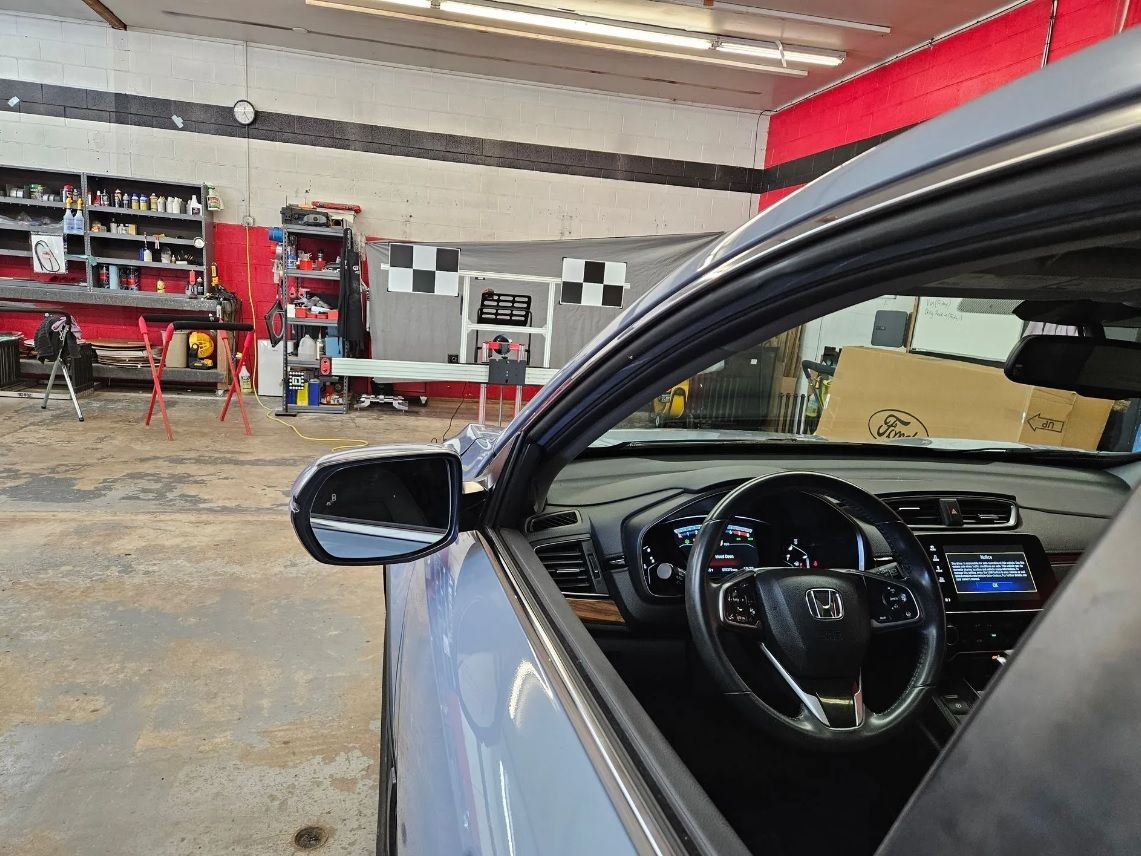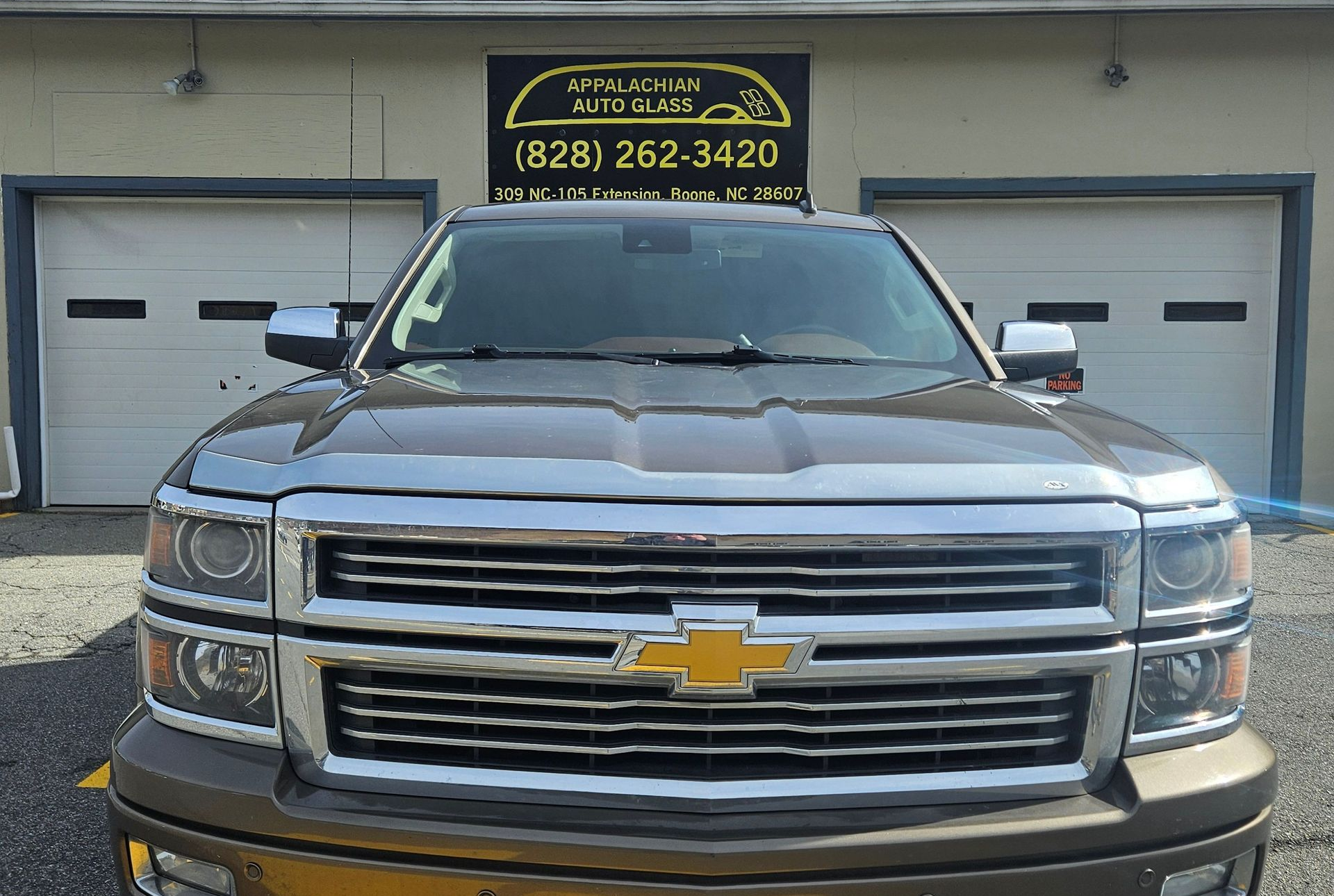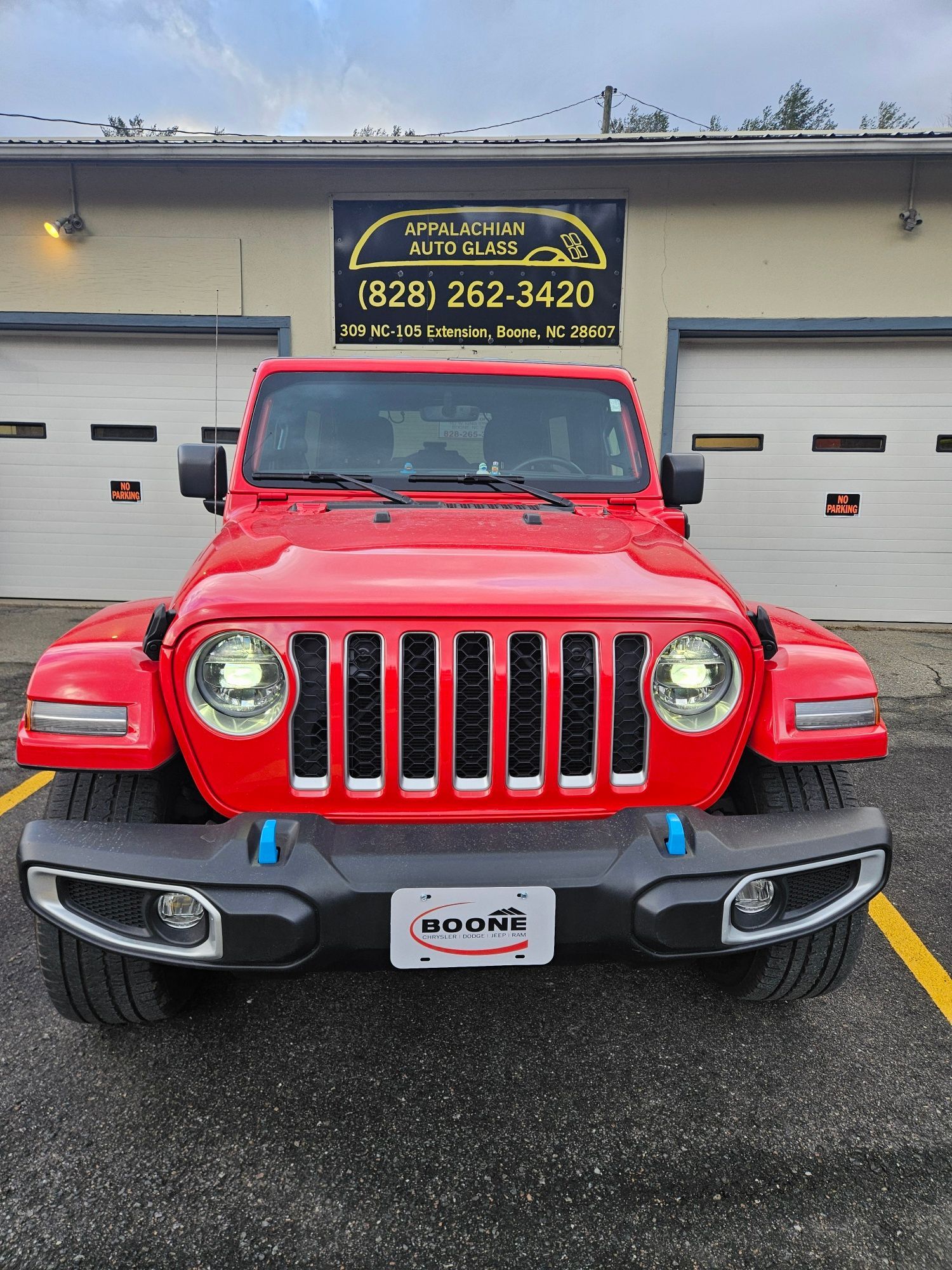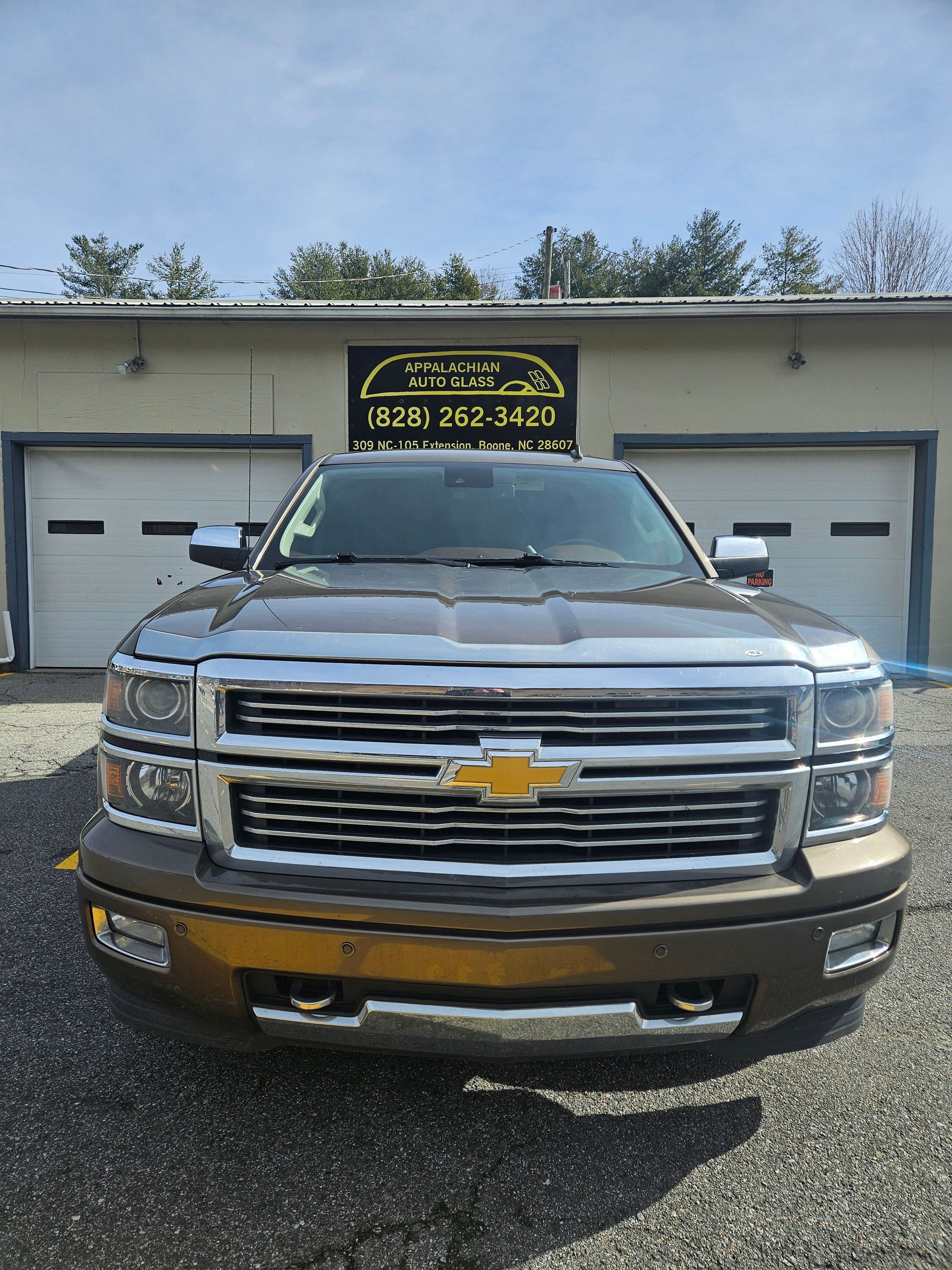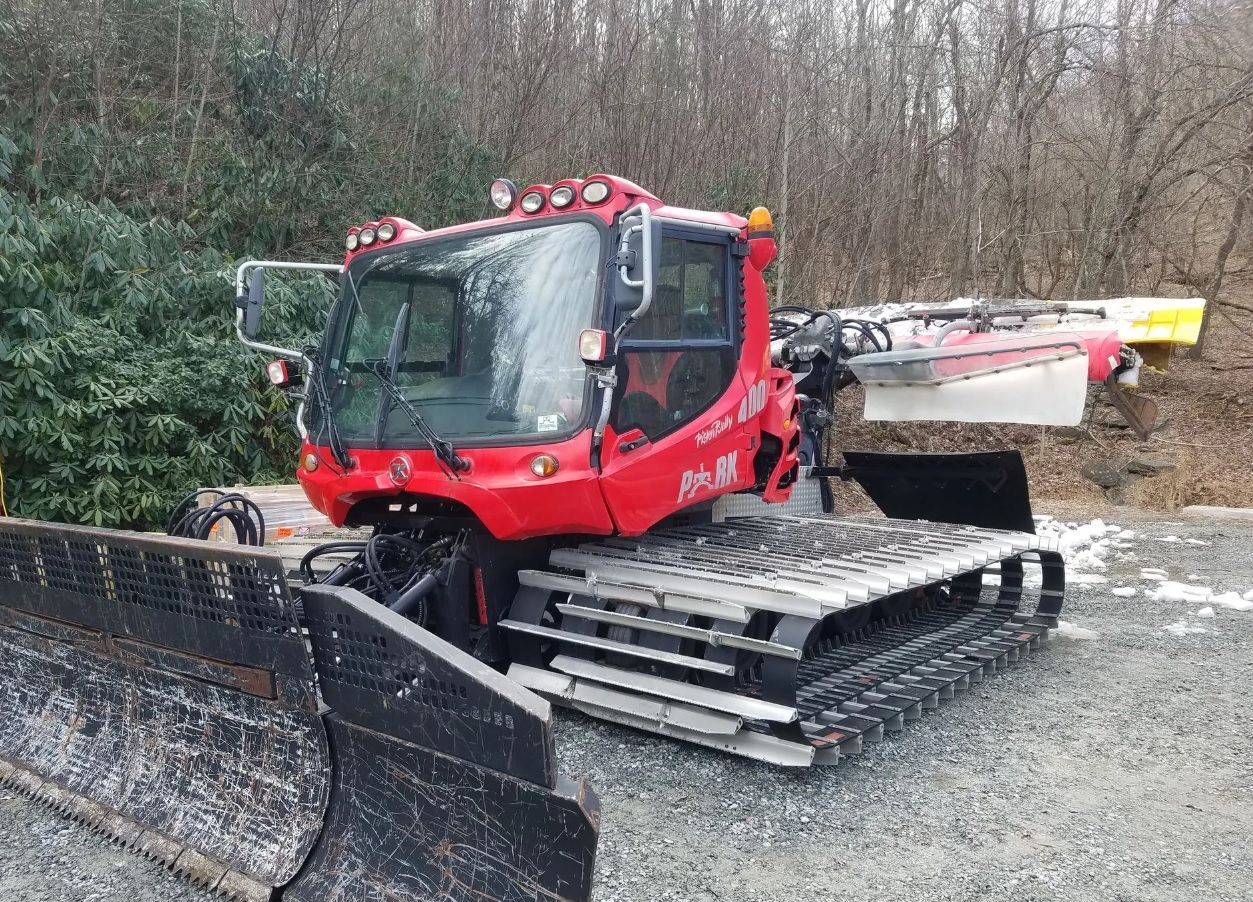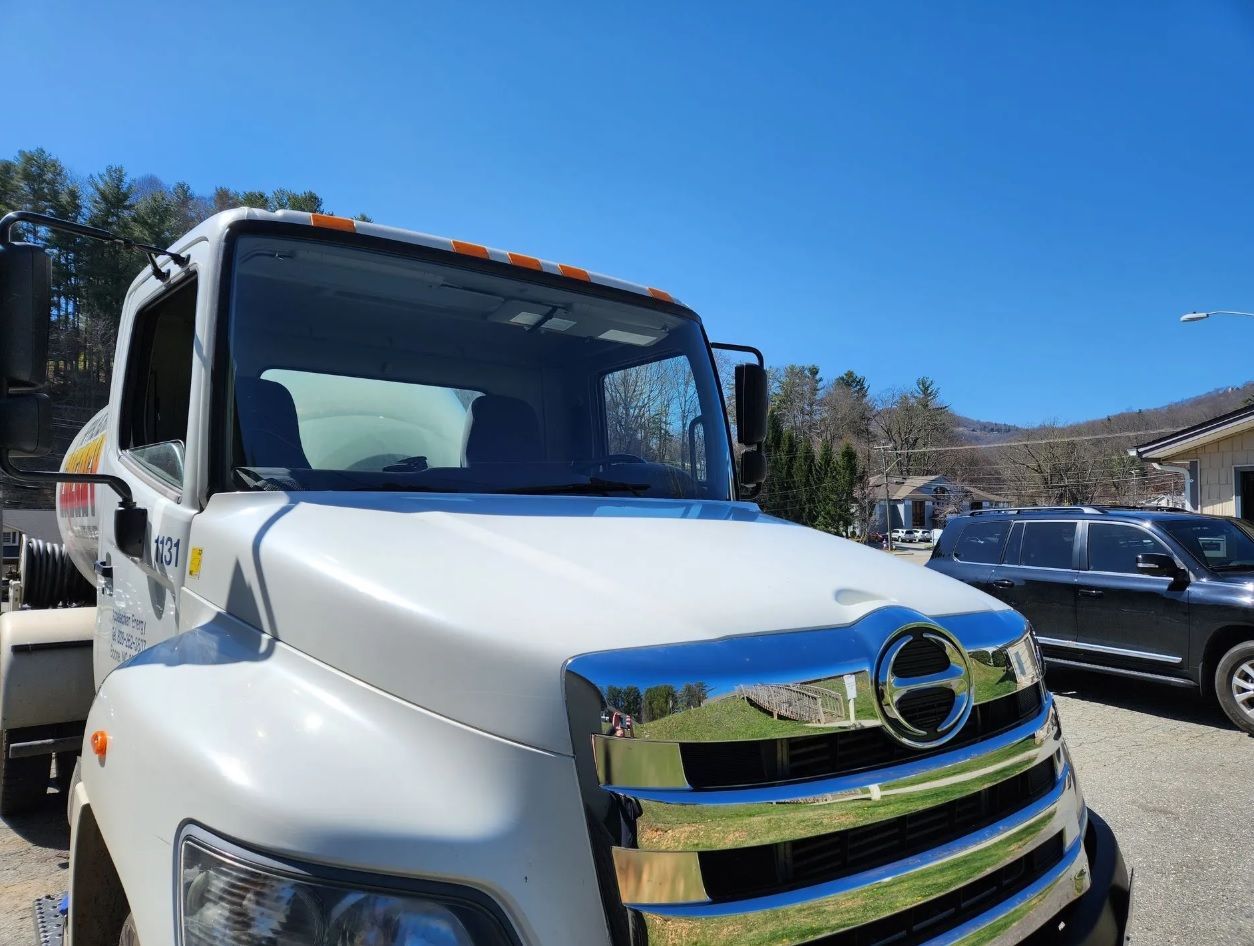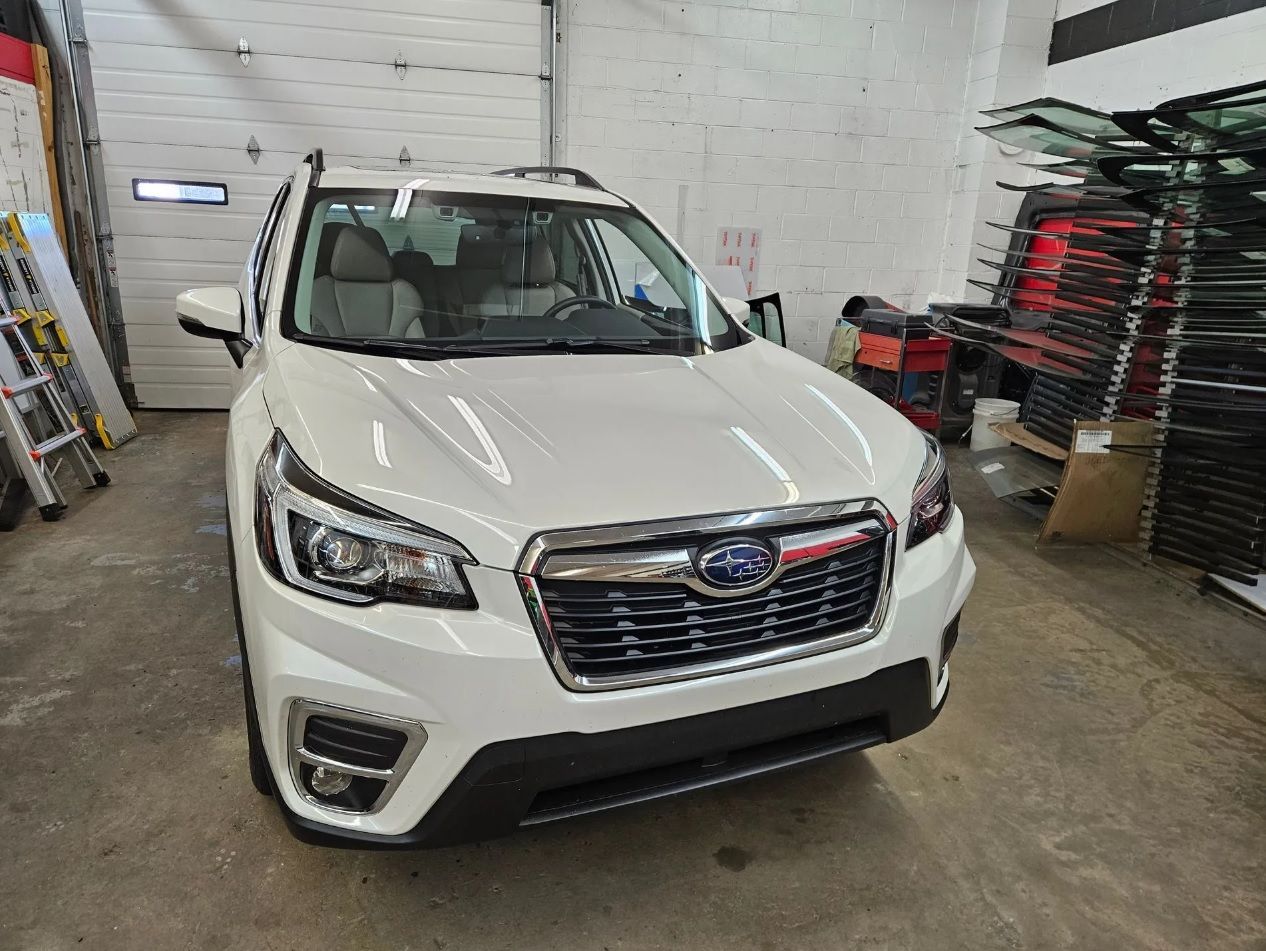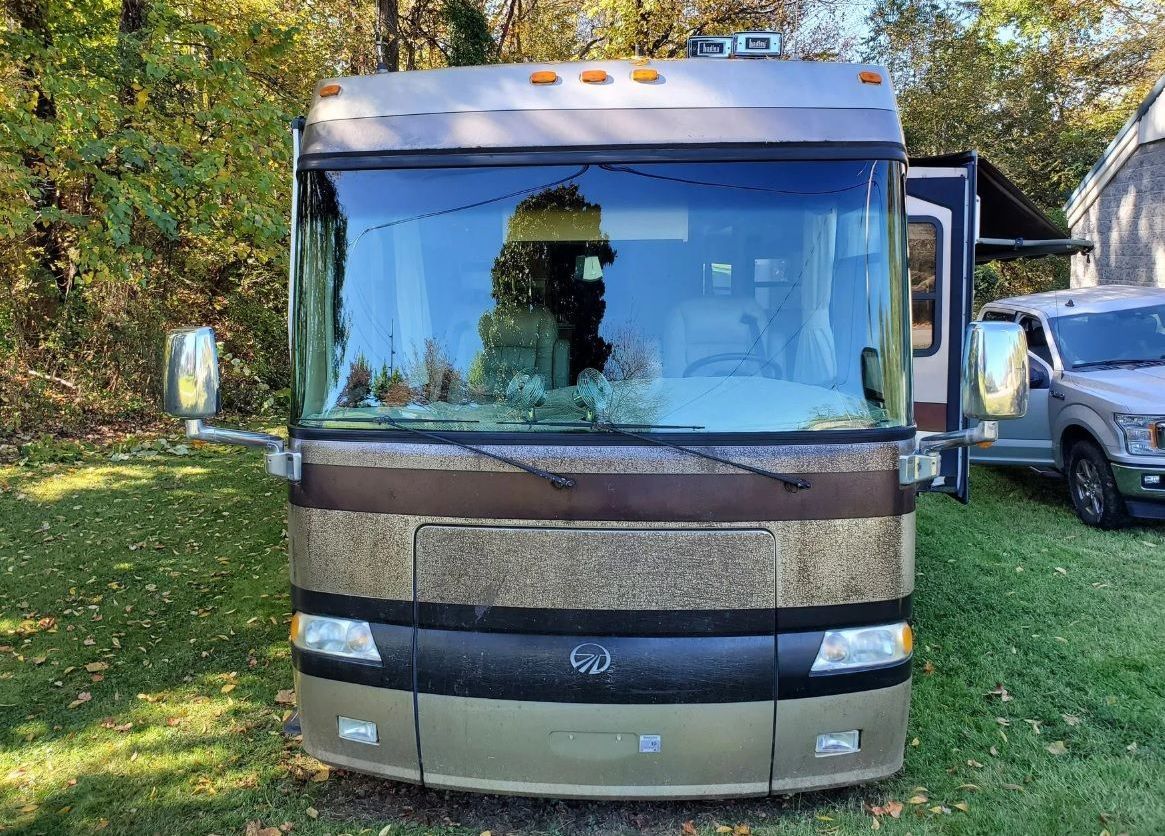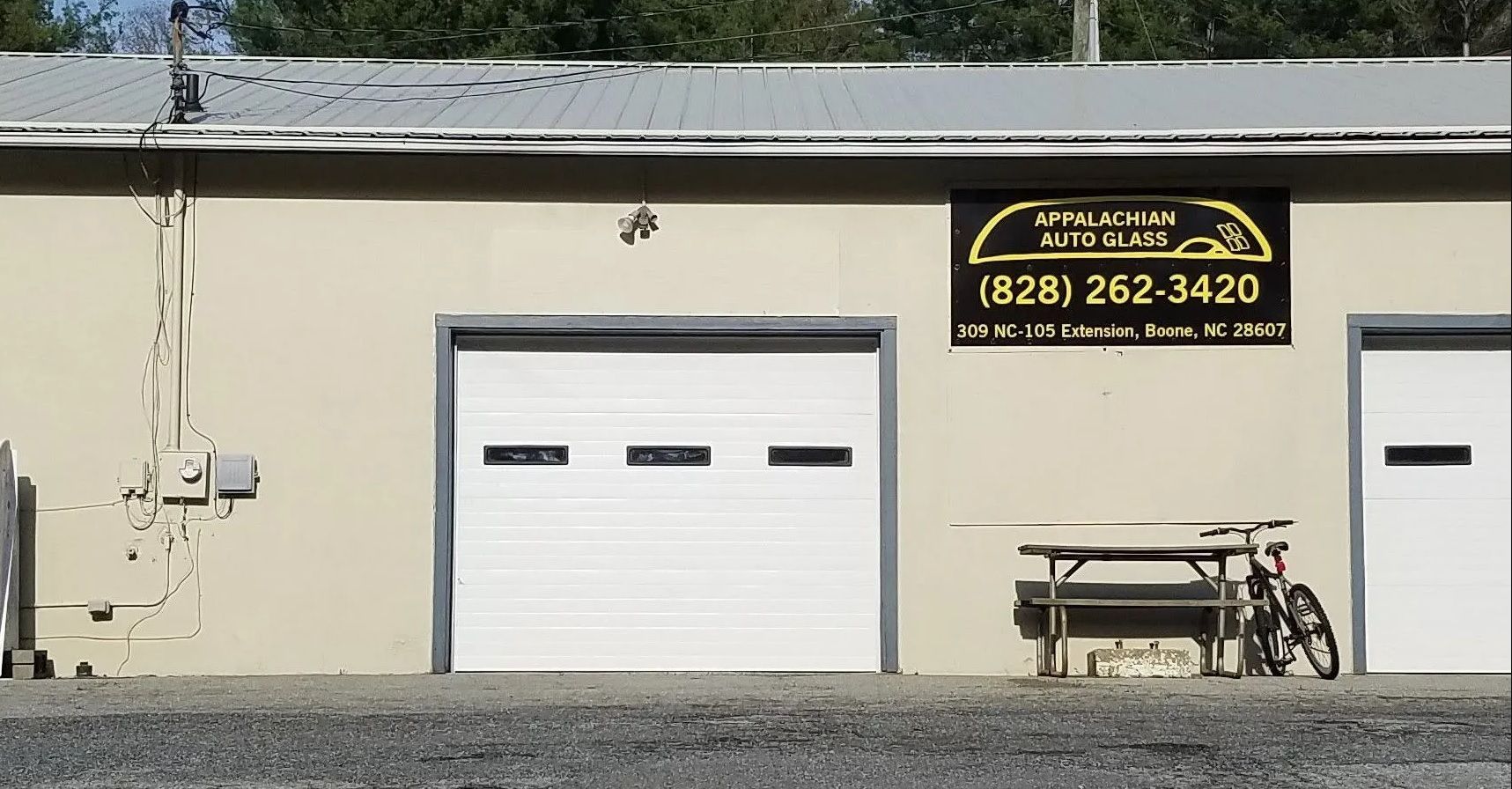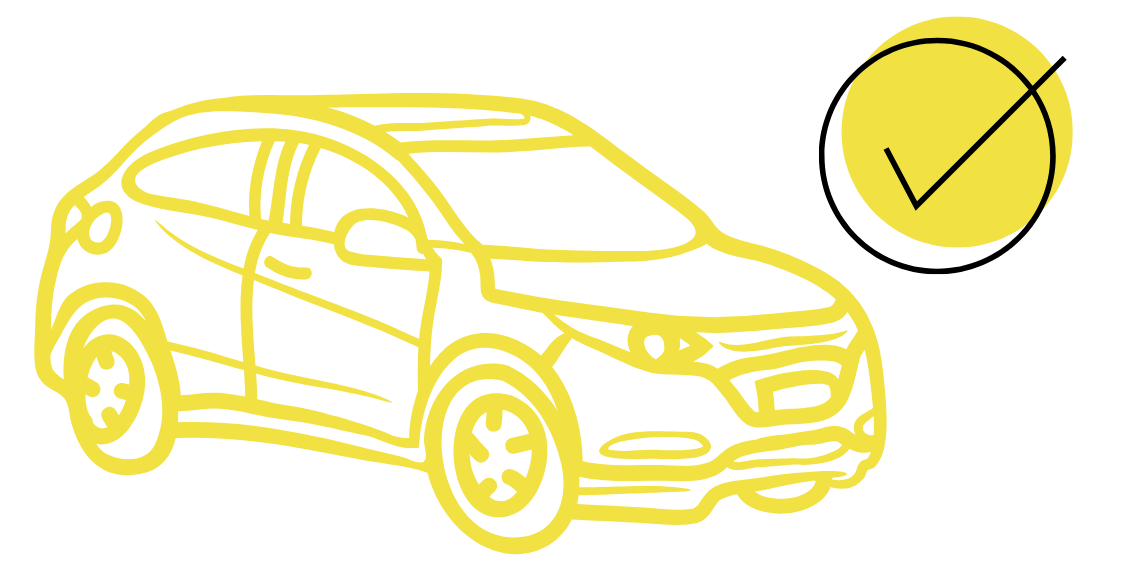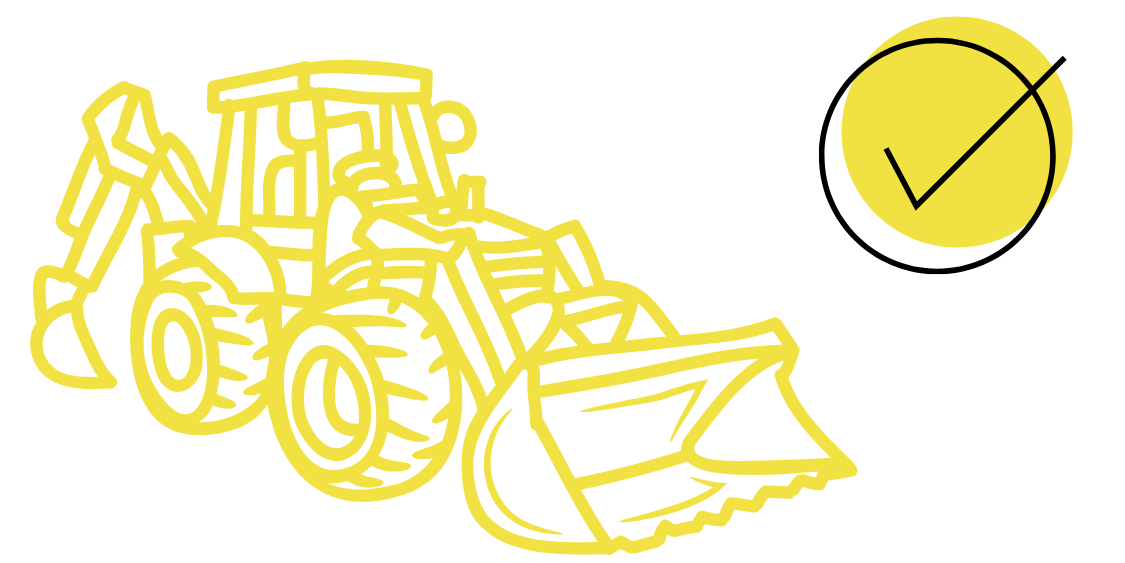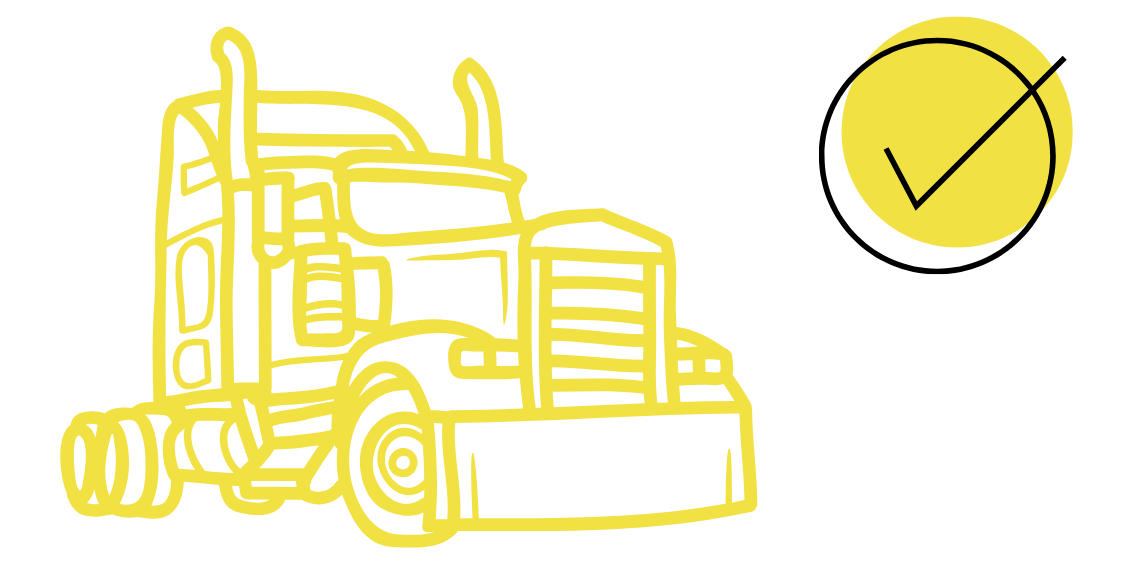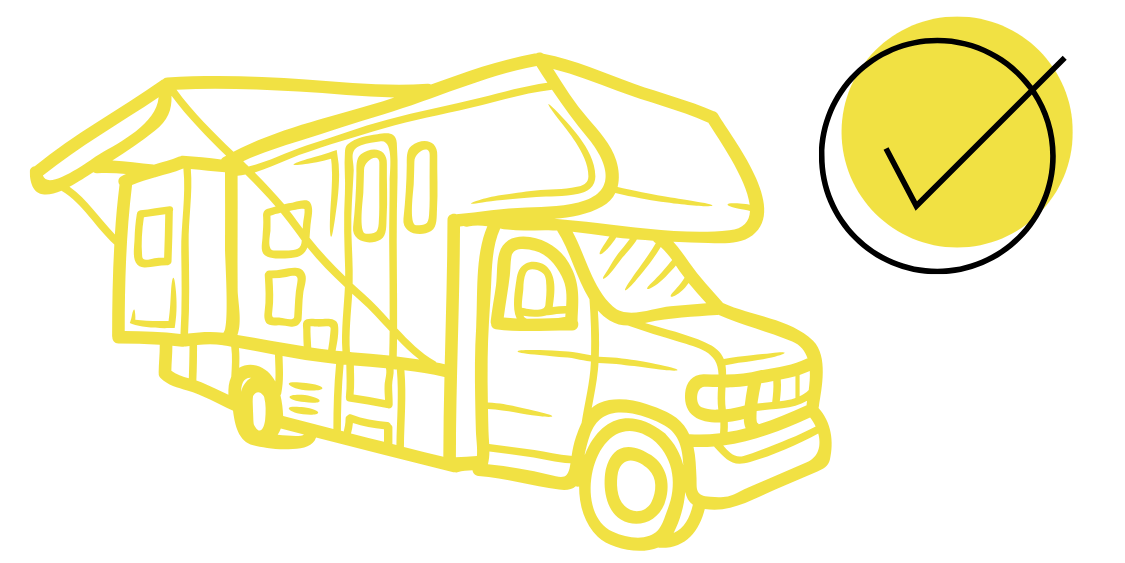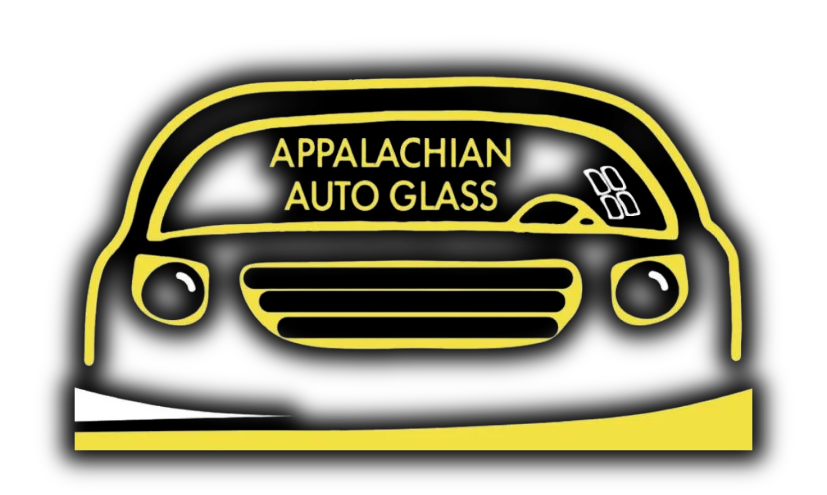Why ADAS Calibration Is Now Part of the Insurance Claims Process
Why ADAS Calibration Matters in Today’s Insurance Claim Process
In recent years, Advanced Driver Assistance Systems (ADAS) have transformed the driving experience, offering enhanced safety, convenience, and accident prevention. Features such as lane departure warnings, automatic emergency braking, adaptive cruise control, and blind spot detection are now standard in many vehicles. However, with the increasing complexity and integration of these systems, the importance of proper calibration has also grown; it is now an essential part of the insurance claim process.
The Rise of ADAS in Modern Vehicles
ADAS technology has significantly improved road safety by helping drivers avoid accidents and mitigate the severity of collisions when they are unavoidable. According to the Insurance Institute for Highway Safety (IIHS), vehicles equipped with certain ADAS features have demonstrated reduced crash rates and injuries. As these systems become standard equipment, they are also becoming critical factors in insurance claims and repairs.
Why Proper ADAS Calibration Matters
Incorrect or incomplete calibration can compromise the performance of ADAS features, potentially leading to safety risks and liability issues. For instance, a misaligned camera or radar sensor can result in false alerts or failure to detect obstacles, undermining safety systems designed to prevent accidents.
The Link Between Insurance Liability and Proper Calibration
Insurance companies are now emphasizing the importance of proper calibration for several reasons:
- Liability Reduction: Ensures that repairs meet safety standards, thereby reducing liability in the event of future accidents.
- Claim Accuracy: Proper calibration ensures that the vehicle’s safety systems function as intended, making claims more accurate.
- Preventing Repeat Repairs: Faulty calibration can lead to additional repairs and claims if safety features malfunction or fail to function correctly.
- Compliance with Manufacturer Guidelines: Vehicle manufacturers specify calibration procedures to ensure safety and warranty conditions are maintained.
The Insurance Industry’s New Requirements
Insurance providers are increasingly requiring that ADAS sensors and cameras be calibrated according to manufacturer specifications before vehicle repairs are finalized. This involves:
- Performing calibration at authorized service centers
- Using specialized, calibrated equipment
- Following manufacturer-recommended procedures
Failure to do so may result in denied claims, increased liability, or potential legal issues.
Vehicle Manufacturer Safety Guidelines
Manufacturers provide detailed calibration procedures to ensure safety systems operate correctly. These guidelines typically include:

Adhering to these guidelines is vital, not only for safety but also for upholding warranty terms and vehicle value.
The Calibration Process: A Step-by-Step Overview
Performing ADAS calibration involves several critical steps:
- Assessment: Technician evaluates the extent of damage and identifies which sensors or cameras require calibration.
- Preparation: The vehicle is prepared, including ensuring proper tire pressure, wheel alignment, and a flat surface.
- Calibration: Using specialized tools, the technician performs static or dynamic calibration as dictated by the vehicle manufacturer.
- Verification: Post-calibration testing confirms that all systems function correctly.
- Documentation: A detailed report is generated, often required by insurance companies.
Why Car Owners and Shops Should Prioritize Calibration
- Safety: Proper calibration ensures all safety features work as intended, protecting occupants and others.
- Compliance: Meets OEM and insurance requirements, avoiding claim disputes.
- Warranty & Resale: Properly calibrated vehicles maintain their warranty coverage and retain their resale value.
- Legal Liability: Correct calibration reduces the risk of liability in the event of a future accident.
ADAS technology continues to shape the future of vehicle safety and collision prevention. As a result, insurance companies are recognizing the importance of proper calibration as part of the repair and claim process. This shift emphasizes vehicle safety, liability management, and adherence to manufacturer guidelines, creating a safer environment for all road users.
Do You Need ADAS Calibration in Boone, NC?
If you suspect your vehicle needs
ADAS calibration in
Boone, NC,
Mountain City, or
Butler, TN,
contact us at Appalachian Auto Glass. We’re veteran-owned and fully licensed and certified to perform ADAS calibration on all makes and models.
